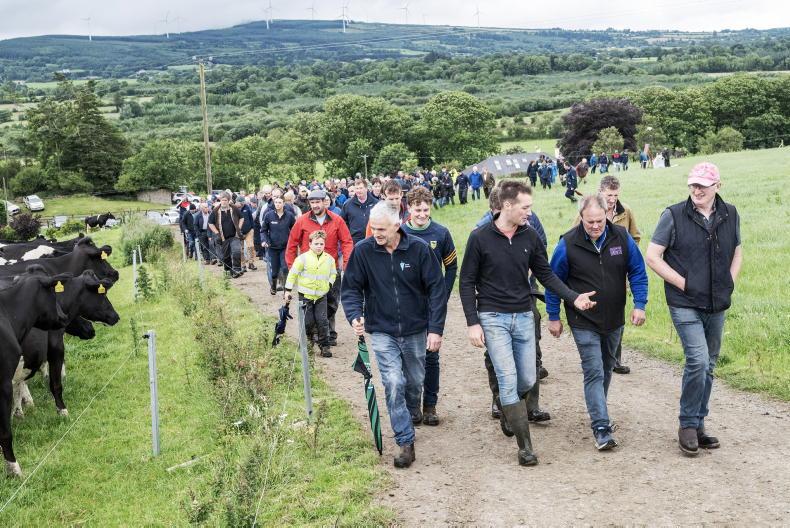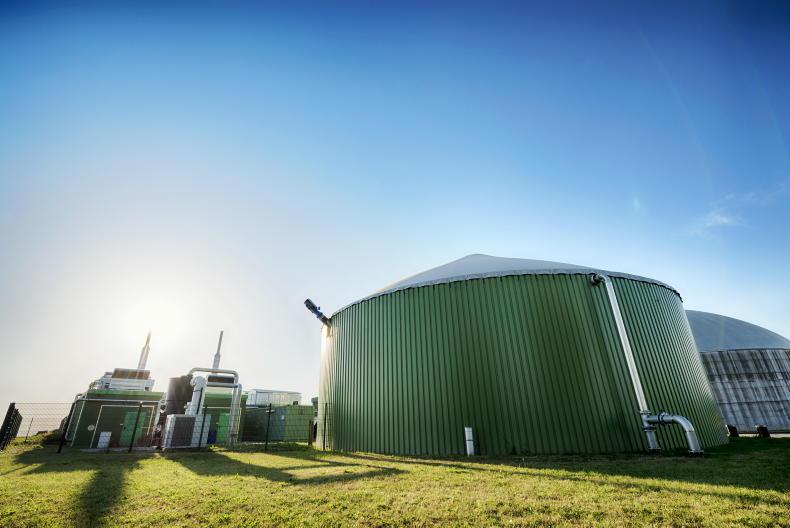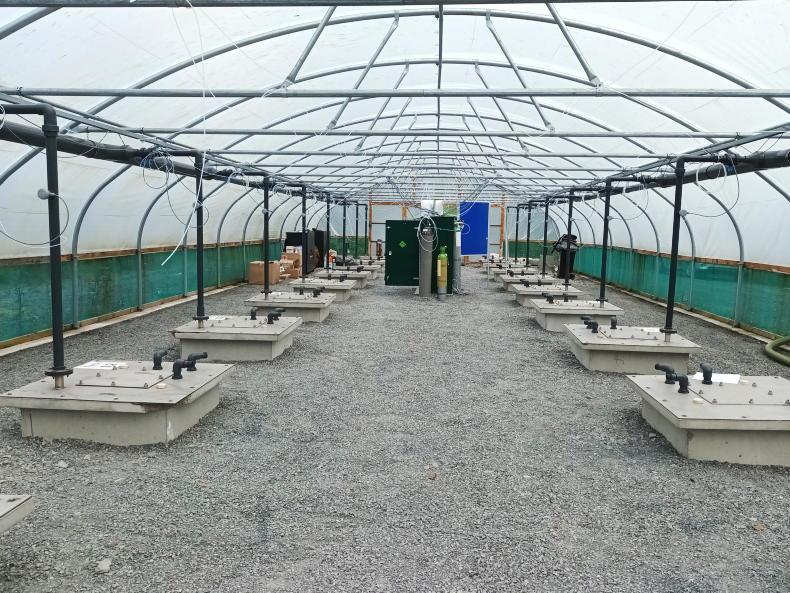It will be “hugely ambitious” for UK agriculture to cut its greenhouse gas emissions by a quarter while maintaining current production levels, a leading agricultural scientist has said.
At a conference in Nottingham on Wednesday, Professor Elizabeth Magowan from the Agri Food and Biosciences Institute (AFBI) presented findings from a new report which looked at steps the industry can take to lower emissions.
“When we threw the kitchen sink at the UK livestock industry with the mitigations that we currently have and are hopefully coming in the very near future, we found a 23% reduction in greenhouse gases. That is from a 100% uptake rate [among farmers]. It is hugely ambitious,” she said.
The measures used in the analysis include the likes of calving heifers younger, reducing replacement rates, planting trees, growing legumes in grassland and using protected urea fertiliser.
It also includes the use of technologies that reduce methane emissions from ruminant livestock, even though products are not available on a commercial scale at present.
“We applied methane inhibitors at both a 15% effectiveness level and a 30% effectiveness level. We could debate that all day but on a grassland system, if we get 15%, I think we could be doing quite well,” Magowan said.
Carbon footprint
During her presentation to the British Society of Animal Science, Magowan highlighted the relationship between the “carbon footprint” of individual farms and how overall emissions from the industry are reported at a UK level.
For example, if productivity improves on a dairy farm, then it will lower emissions per litre of milk. However, if the farmer decides to keep more livestock, then their contribution to total emissions at a UK level will likely increase.
Another example is replacing soybean in livestock diets. Doing that will reduce a farm’s emissions under most carbon footprint calculators, but it has no impact on overall UK emissions because soybean is grown in other countries and not included in the UK figures anyway. “The bottom line is we need to reduce our gross emissions in the UK from our livestock sectors and the yardstick that is going to measure that is the [UK] national inventory,” Magowan said.









SHARING OPTIONS